5 Rice Vinegar Replacements for Making Sushi
Rice vinegar is a key ingredient in sushi for its mild acidity and subtle sweetness, but substitutes can be used when it’s unavailable.
White wine vinegar, apple cider vinegar, or diluted lemon juice can approximate rice vinegar’s flavor with slight adjustments.
Balancing acidity and sweetness is important to maintain authentic taste.
These replacements allow you to season sushi rice and Asian dishes effectively.
Understanding how to use substitutes ensures your creations stay true to tradition.
With these options, you can keep your kitchen versatile and well-stocked.
Explore the best rice vinegar alternatives for sushi and beyond.
Best Ways to Substitute Rice Vinegar
Rice vinegar replacements keep dishes bright and balanced while offering subtle flavor shifts. Different vinegars and citrus add versatility. Check out the best options for your kitchen.
White Wine Vinegar
Substituting white wine vinegar for rice vinegar works perfectly in sushi rice and many other Asian dishes due to their similar mild, acidic profiles.
Many people run out of rice vinegar during meal prep, but white wine vinegar makes an excellent replacement with its comparable tanginess and light fruity notes.
The swap requires a simple one-to-one ratio, maintaining the balance in your recipe without compromising flavor.
Rice vinegar does offer slightly more sweetness, which can be easily replicated by adding a quarter tablespoon of sugar to each tablespoon of white wine vinegar you use.
This substitution saves trips to specialty stores while keeping your cooking on track with ingredients already in your pantry.
Apple Cider Vinegar
Substituting apple cider vinegar for rice vinegar works wonderfully in sushi recipes because both share similar tangy profiles, with apple cider vinegar adding a subtle fruity sweetness that enhances the overall flavor.
Many people find this swap especially handy when they've run out of rice vinegar but still want to prepare authentic-tasting sushi rice.
The mild apple undertones complement fish and vegetables without overpowering them, making it perhaps the most versatile replacement option available in most kitchens.
For best results, use equal measurements as called for in the original recipe, though some chefs recommend reducing the amount slightly since apple cider vinegar can be marginally stronger.
Champagne Vinegar
Champagne vinegar offers a light, delicate flavor that makes it an excellent substitute in recipes where stronger vinegars might overwhelm the dish.
Made from fermented champagne, this mild vinegar pairs wonderfully with seafood while enhancing dipping sauces, dressings, and marinades without dominating them.
Sushi rice particularly benefits from champagne vinegar when rice vinegar isn't available, as its subtle acidity provides the perfect balance for the sticky grains.
Many chefs appreciate how this specialty vinegar adds complexity to salad dressings with its hints of grapes and subtle sweetness.
The pale golden color and gentle tang can elevate simple dishes to restaurant quality with minimal effort.
Lemon Juice
Lemon juice can replace rice vinegar in sushi recipes, though it changes the taste in noticeable ways.
The bright acidity of lemons creates a different but equally enjoyable flavor profile when mixed with sushi rice.
Most home cooks appreciate how lemon juice is readily available in their kitchen when rice vinegar runs out unexpectedly.
The high acid content serves a practical purpose by inhibiting bacterial growth, helping preserve the sushi rice effectively.
For best results, start with just a small amount and add more gradually until the taste meets your preference.
White Wine
White wine offers a flavorful alternative to rice vinegar when making sushi, enhancing the taste while naturally preventing bacterial growth.
Many sushi lovers enjoy this swap because it adds a unique depth of flavor that regular rice vinegar simply can't match.
The slightly fruity notes of white wine complement the fish and other ingredients beautifully, creating a more complex taste experience.
You can use any dry white wine you have on hand, though varieties like Pinot Grigio or Sauvignon Blanc tend to work best with their crisp profiles.
This substitution works especially well for home cooks who might already have wine in their pantry but lack specialized rice vinegar.
What Factors Matter Most When Substituting Rice Vinegar In Japanese Cooking?
When replacing rice vinegar in Japanese recipes, keep these key factors in mind to maintain authentic flavor:Can Fruit-Based Vinegars Recreate The Mildness Of Rice Vinegar In Sushi?
Fruit-based vinegars, such as apple cider or white grape vinegar, can sometimes mimic the mildness of rice vinegar in sushi, but they often introduce fruity undertones that alter the traditional flavor slightly.
These vinegars tend to be less sharp and may have a natural sweetness that complements sushi rice well. However, the flavor difference may be noticeable to purists, so using fruit-based vinegars is best suited for casual cooking or when rice vinegar isn’t available.
Does Adjusting Sugar And Salt Help Balance Stronger Vinegar Flavors?
Yes, when using a stronger or more acidic vinegar substitute, adjusting sugar and salt levels is crucial to maintain balance in the dish. Adding a bit more sugar can soften sharp vinegar notes, while salt enhances overall flavor and helps replicate the seasoning effect of rice vinegar.
Taste-testing and gradual adjustments are key to achieving the right harmony, especially in delicate recipes like sushi rice or light dressings.

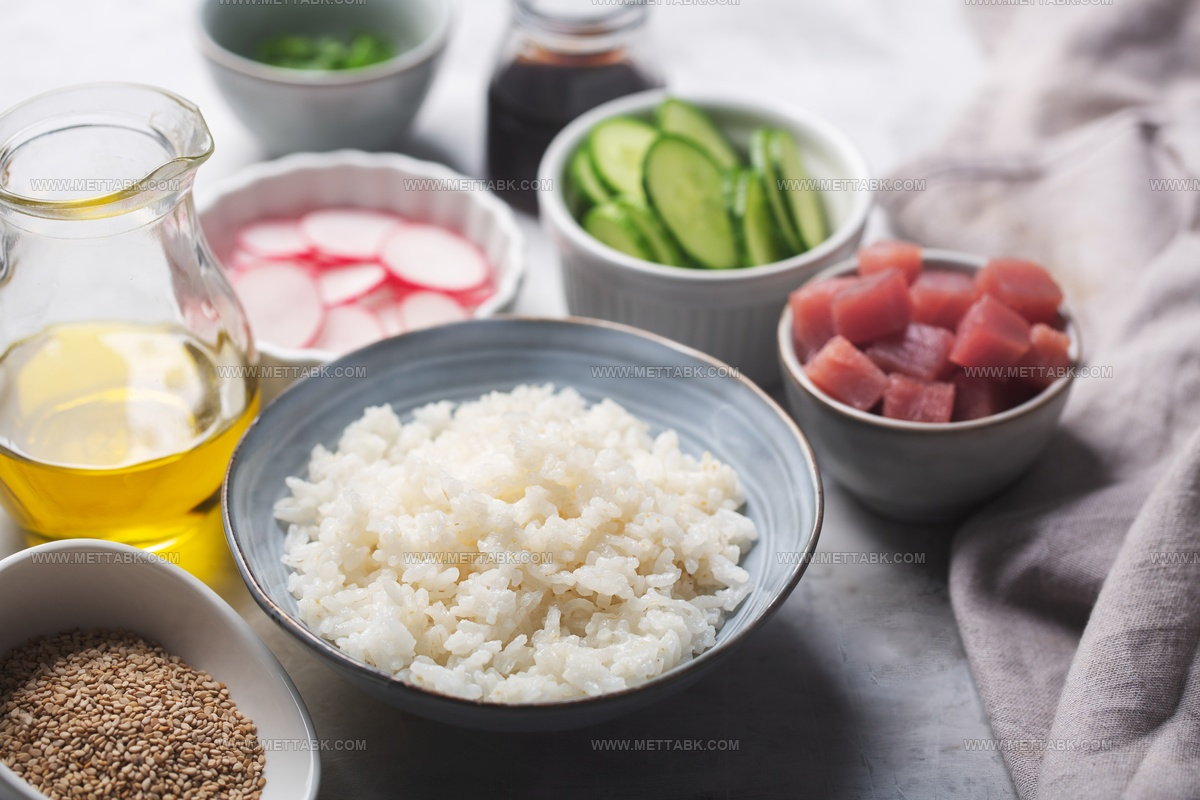
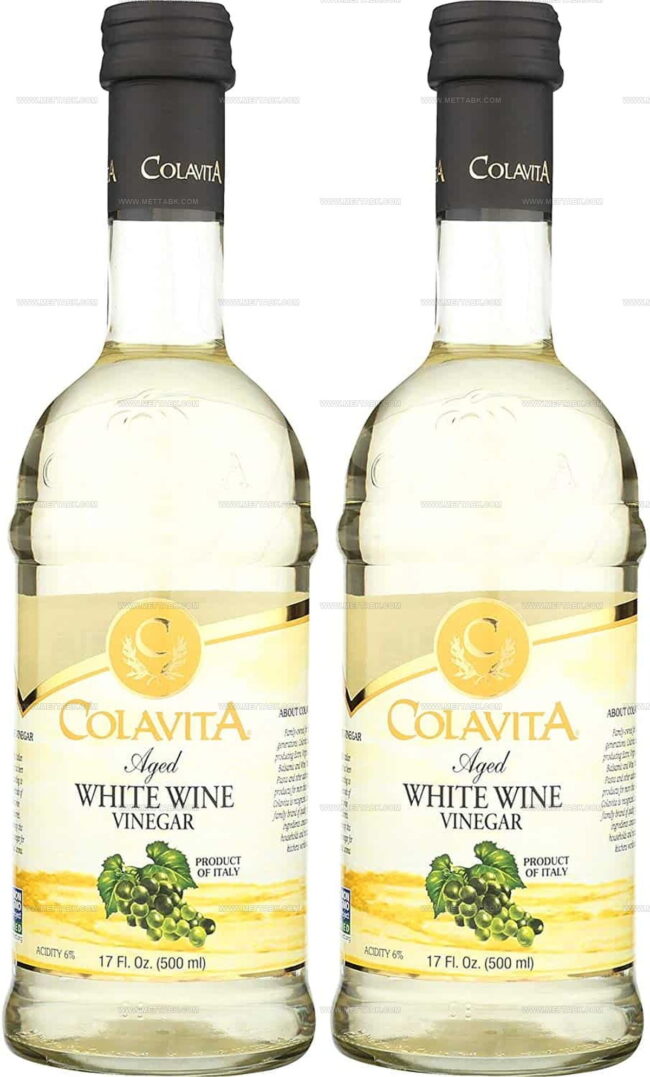
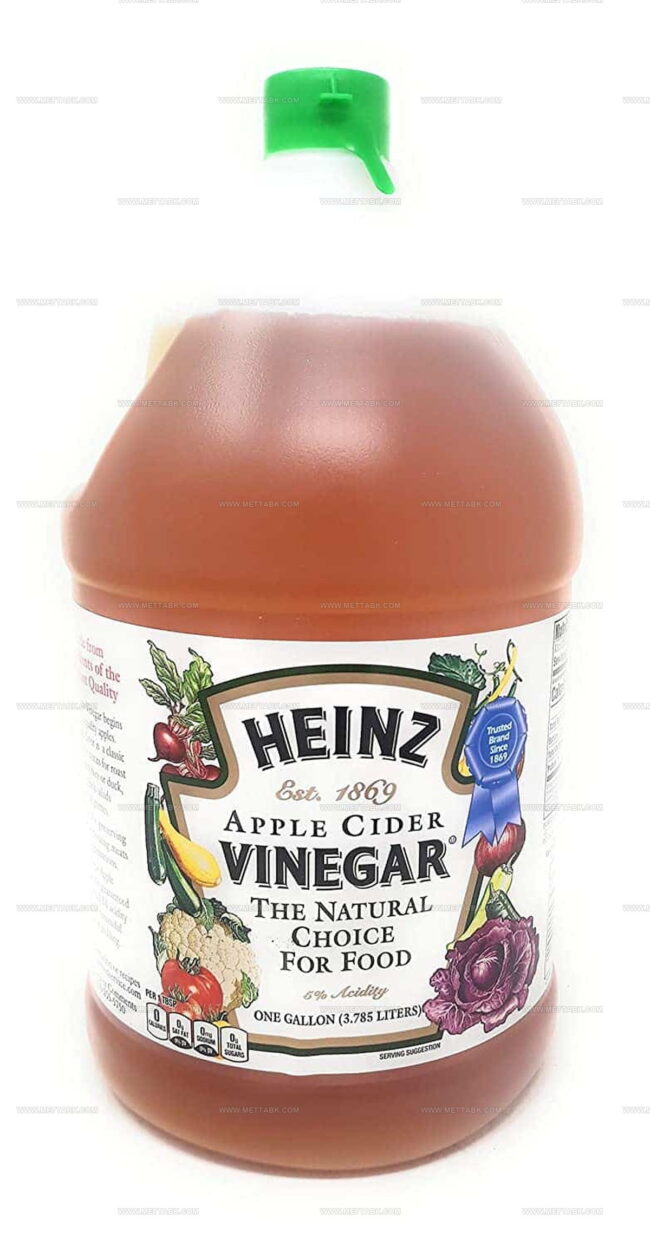

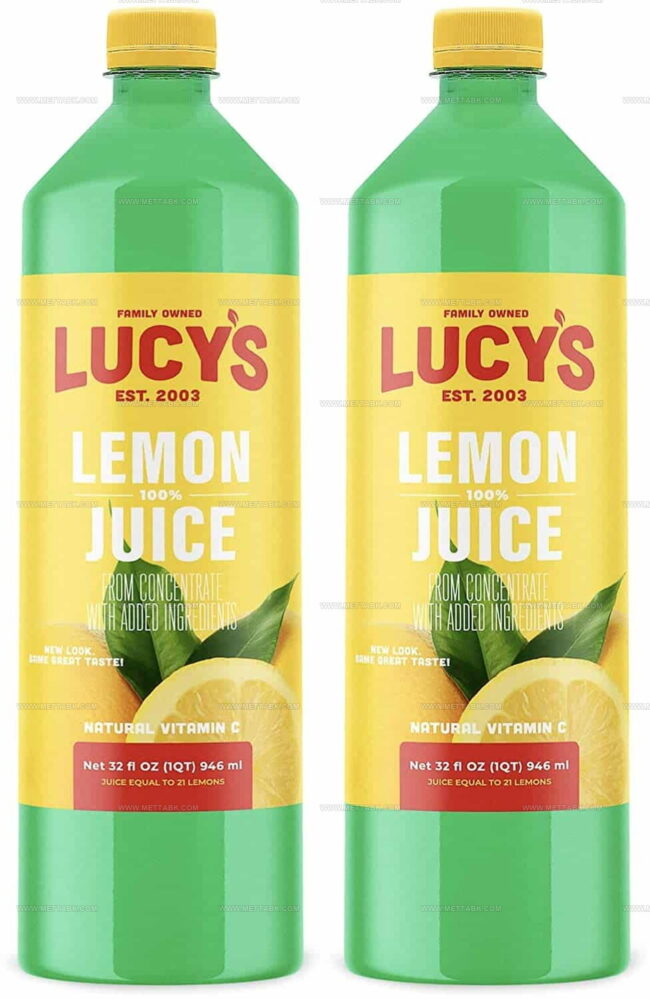
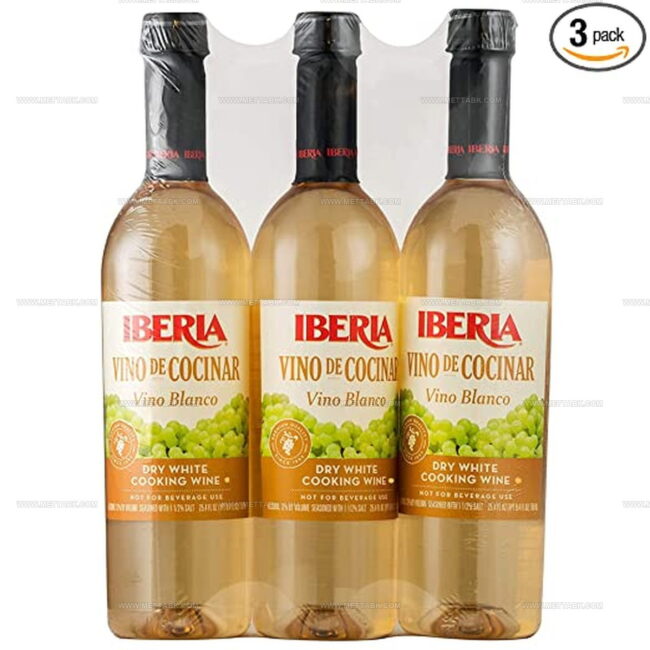
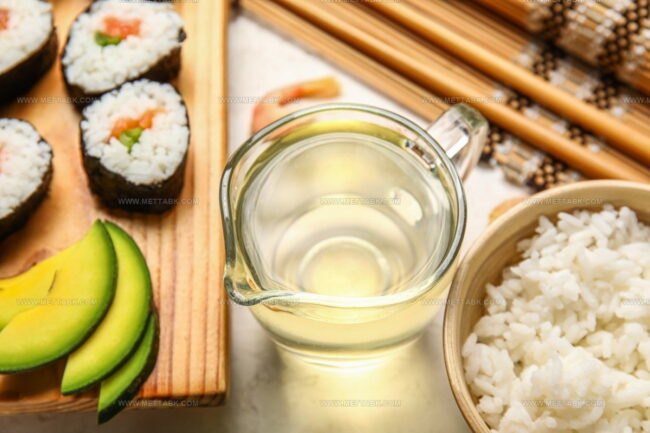
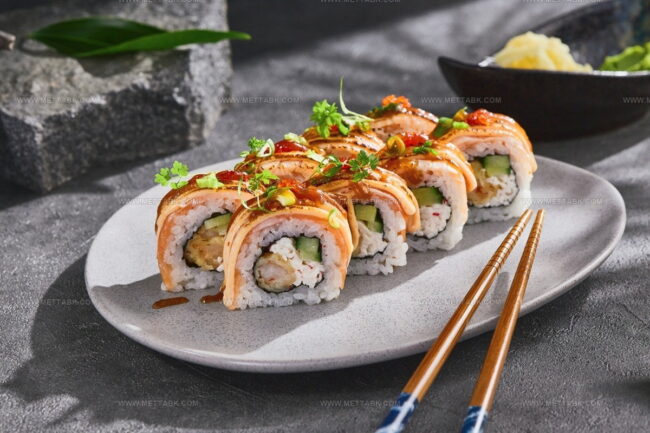
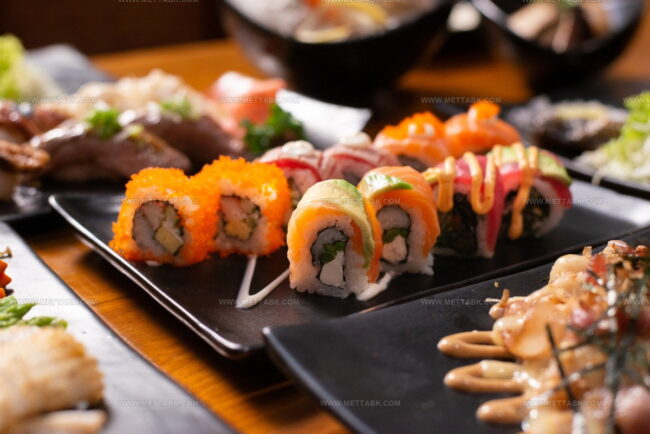
Nate Harper
Founder & Recipe Curator
Expertise
Single-Recipe Development, Farm-to-Table Cooking, Seasonal Menu Planning, Culinary Storytelling, Home Kitchen Innovation
Education
Cascade Culinary Institute – Central Oregon Community College
Certificate in Culinary Arts
Focus: Farm-to-table cuisine, sustainable cooking practices, and seasonal recipe creation.
Nate studied under experienced chefs who emphasized local sourcing, minimal waste, and building recipes from fresh, simple ingredients.
Nate Harper is the founder and creative force behind Make, Take, Bake. Raised in the wild beauty of Oregon’s high desert, Nate grew up surrounded by family gardens, farmers’ markets, and home kitchens that celebrated the seasons.
His early love for simple, honest food evolved into a professional passion when he attended Cascade Culinary Institute, where he sharpened his skills in creating recipes that are sustainable, satisfying, and made for everyday life.
Nate’s goal is to make cooking feel accessible, free of fuss, and full of flavor. He believes a single, thoughtfully built dish can stand alone, and sometimes even steal the show.